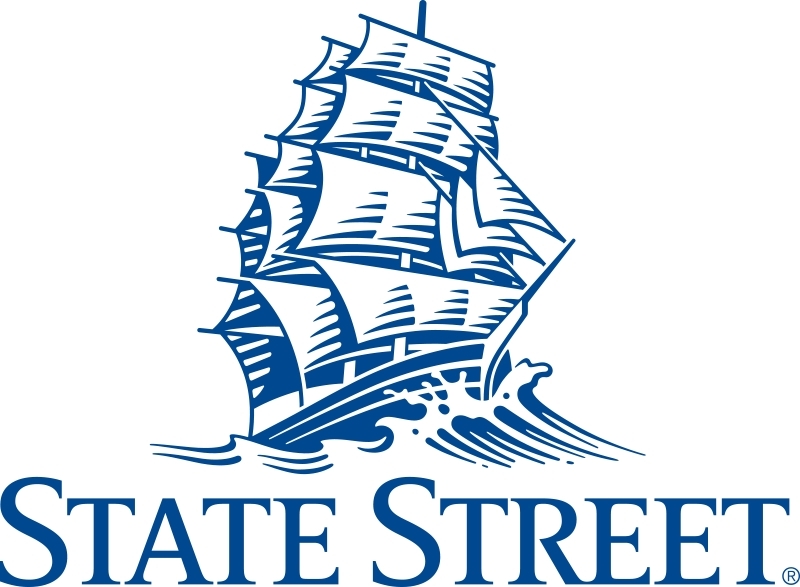Penalty Assessed for Violation of Iranian Transactions Regulations
A South Florida company has been penalized for exporting U.S. origin goods to Iran in violation of the Iranian Transactions Regulations (ITR). This violation resulted in a $7,000 penalty being issued against the company. The company, Zurigo Trading, Inc. (“Zurigo”), was found to have violated the ITR when in September 2006, they attempted to export goods valued at $7,168 to Iran on behalf of a foreign customer. Zurigo did not voluntarily self-disclose the violation to OFAC, however, the violation constituted a non-egregious case. As such, OFAC followed the appropriate base penalty schedule, which for calls for a base penalty amount of $10,000 for prohibited transactions between $1,000 and $10,000. In making a decision as to the amount of the final penalty OFAC considered the following general factors under OFAC’s Economic Sanctions Enforcement Guidelines: 1) knowledge of the transactions; 2) existence of an OFAC compliance program; OFAC enforcement actions in the past five years; and whether the exports of the goods were eligible for an OFAC license.
In reviewing those general factors, OFAC determined that Zurigo had knowledge or reason to know that the goods were destined for Iran. Furthermore, although Zurigo has not been a subject of an OFAC enforcement action the last five years, they also did not have an OFAC compliance program in place at the time of the violation. Finally, in making their determination OFAC determined that the goods which Zurigo attempted to export would have been eligible for an OFAC license had Zurigo applied for one, although OFAC did not indicate which goods Zurigo attempted to export.
Despite some favorable factors on their side, Zurigo still received a fine that was only $168.00 less than the value of the transaction they attempted. It was interesting to see that Zurigo did not received any mitigation of penalty for cooperation, which is usually provided if the company cooperates during the investigation phase.
I’m not sure what happened in Zurigo’s case, however, I often advise being as forthcoming with OFAC as possible. They have a lot of discretion in what types of actions they take and judicial review of their decisions is limited. As such, the cards are heavily stacked in their favor during the enforcement process.
The author of this blog is Erich Ferrari, an attorney specializing in OFAC matters. If you have any questions please contact him at 202-280-6370 or ferrari@ferrari-legal.com.



